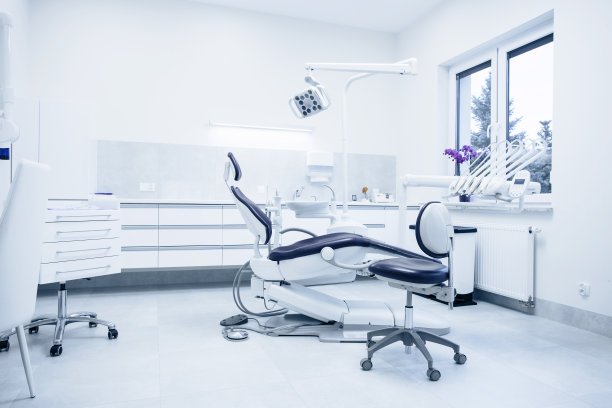Essential Precautions to Ensure Successful Dental Implantation and Enhance Your Oral Health Journey
Summary: Dental implantation can significantly enhance an individuals quality of life by replacing lost teeth and restoring oral health. However, the success of this procedure depends on various factors, including diligent preparation, proper aftercare, and routine dental visits. This article delves into essential precautions that ensure successful dental implantation, encompassing pre-surgery preparation, post-surgery care, ongoing maintenance, and lifestyle modifications. By following these guidelines, patients can optimize their oral health journey, significantly improve the longevity of their implants, and achieve a beautiful smile.
1. Pre-surgery Preparation for Success

Effective dental implantation begins well before the surgical procedure itself. The initial step is to have a comprehensive dental evaluation. Your dentist should conduct X-rays and other imaging techniques to determine the jawbones density and structure. This information is critical in determining whether your jaw can support an implant.
Additionally, disclosing your complete medical history is crucial. Conditions such as diabetes or heart disease can impact healing and implantation success. Be sure to discuss all medications you are taking, including over-the-counter supplements, as these can influence anesthesia or bleeding during surgery.
A thorough understanding of the dental implant process can alleviate anxiety. Patients should feel free to ask their dentist any questions regarding the procedure, including the risks and benefits involved. Clearly outlining expectations can lead to improved cooperation and promote a smoother surgery experience.
2. Importance of Post-surgery Care
Pain management and proper aftercare following surgery are pivotal for recovery. Your dentist will prescribe medications to manage pain and reduce the risk of infection. It is essential to take these medications as advised, without skipping doses, even if you feel better sooner than expected.
Adhering to specific dietary restrictions during the initial recovery period is also essential. Soft foods that require minimal chewing can help protect your new implants as they bond with the jawbone. Avoiding hard, sticky, or hot foods can make a significant difference in the healing process.
Maintaining excellent oral hygiene habits is paramount. After the first 24 hours, gently brushing your teeth and rinsing with saltwater can help keep your mouth clean and promote faster healing. Never underestimate the impact of good hygiene on your overall oral health post-implantation.
3. Regular Dental Check-ups and Maintenance
Once your dental implants have healed, regular check-ups become imperative. Your dentist will assess the condition of the implants and surrounding tissues, ensuring everything remains healthy. Typically, these visits are recommended every six months, but your dentist may suggest a different frequency depending on your individual needs.
During these visits, professional cleanings can help prevent plaque buildup, which can lead to complications such as peri-implantitis. Although dental implants are resistant to decay, surrounding gum tissues are not immune to infections. Consequently, vigilance is crucial in safeguarding overall oral health.
Consider investing in specialized dental care products as part of your oral hygiene routine. Interdental brushes and water flossers can help maintain the health of your implants and the surrounding gums more effectively than regular brushing alone.
4. Lifestyle Modifications for Long-term Success
Implementing healthy lifestyle changes can significantly enhance the longevity of your dental implants. A balanced diet rich in vitamins and minerals will support healing and strengthen bones. Incorporating fruits, vegetables, and whole grains can foster overall oral health while keeping your body well-nourished.
Moreover, avoiding harmful habits such as smoking is crucial. Nicotine can impair healing and exacerbate the risk of infection, particularly around dental implants. If you smoke, consider quitting. Your dentist can provide resources and support to help you with this transition.
Lastly, managing stress through activities such as yoga or meditation can play a role in your oral health. High-stress levels can lead to bruxism (teeth grinding), a condition that can jeopardize your implants. By maintaining a healthy lifestyle, you can promote not only your overall well-being but also the success of your dental implants.
Summary:
Implementing essential precautions plays a crucial role in ensuring successful dental implantation. From thorough pre-surgery evaluations to meticulous post-surgery care, each stage is vital for optimizing the outcome of the procedure. Regular dental maintenance and lifestyle modifications further contribute to enhancing both the durability of implants and overall oral health.
This article is compiled by Vickong Dental and the content is for reference only.



